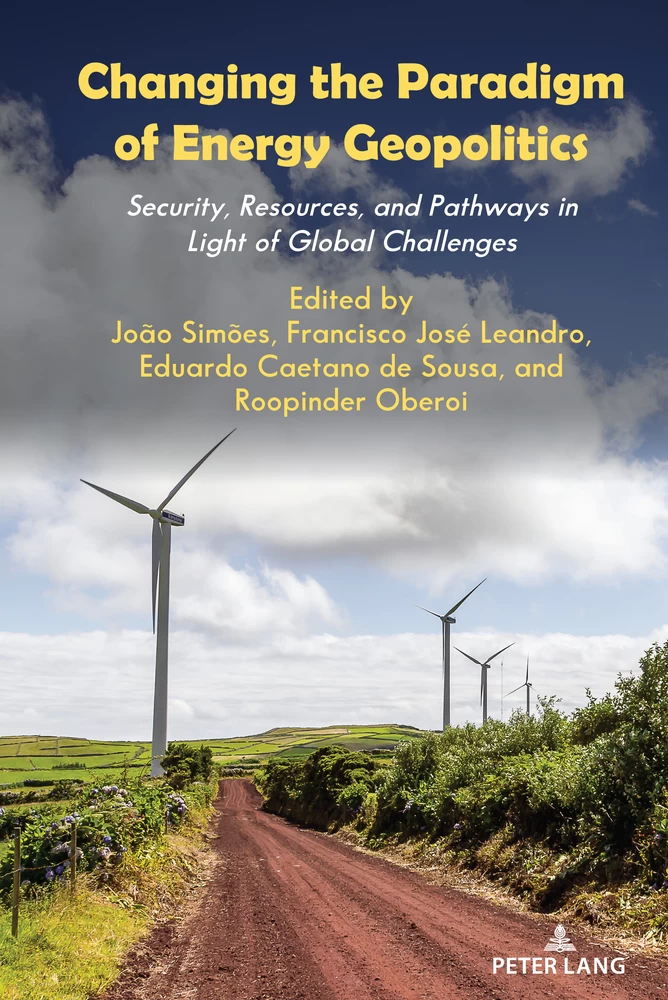https://www.peterlang.com/document/1298592
This book offers an overarching view of the underlying challenges that the energy transitions pose to interstate energy relations. Geopolitics of energy currently epitomizes one of the principal sources for geopolitical vicissitudes affecting global energy landscapes. The ever-changing global energy architecture, global decarbonization plans and low-carbon technology developments are having deep geopolitical consequences. The extensive and rapid adjustment towards low-carbon energy is unsettling the conventional transnational energy structures, affecting economies and altering energy interstate relations. The geopolitics of the energy transitions is a field in the making, hence the existent academic literature is scarce and limited in scope. Current debates on decarbonization tend to mimic the geopolitics of oil and gas when discussing the stakeholders involved in the energy transitions. Besides, energy transitions tend to be studied at the national level overlooking the interactions at regional and global scales. Most research on the geopolitics of the energy transitions to date has mainly focused on the path to achieve the transitions to low carbon energy systems, and less on the global dynamics and the impacts of those transitions to inter-state relations and energy security. The fundamental question that needs dwelling is: How, and to what extent, will the multiple dimensions of the ongoing energy transitions affect existing fundamental geopolitical issues, and what new dynamics may result from the decarbonization process of the planet? The reasons to organize this publication are many, but among them stand one, which is functioning as the driving force behind this project: to contribute to a broader discussion on the ways in which energy transitions and geopolitics intersect.
本書全面探討了能源轉型對國家間能源關係所帶來的根本性挑戰。當前的能源地緣政治已成為影響全球能源格局的主要變數之一。隨著全球能源架構的不斷變化、去碳化計畫的推進以及低碳技術的發展,地緣政治格局正在發生深遠變化。
向低碳能源的快速轉型正在打破傳統的跨國能源結構,影響各國經濟並重塑國家間的能源關係。能源轉型的地緣政治仍是一個新興研究領域,現有學術文獻較為稀缺,研究範圍有限。當前關於去碳化的討論往往沿用石油與天然氣的地緣政治框架,忽視了能源轉型中涉及的多方利益相關者,且多集中於國家層面,忽略了區域與全球層面的互動。
迄今為止,大多數研究聚焦於實現低碳能源系統的路徑,而較少關注這些轉型對國家間關係與能源安全的全球動態影響。本書提出一個核心問題:當前能源轉型的多維度將如何、以及在何種程度上影響現有的地緣政治問題?去碳化進程又將引發哪些新的地緣政治動態?
本書的出版旨在推動更廣泛的討論,探索能源轉型與地緣政治之間的交匯點。

